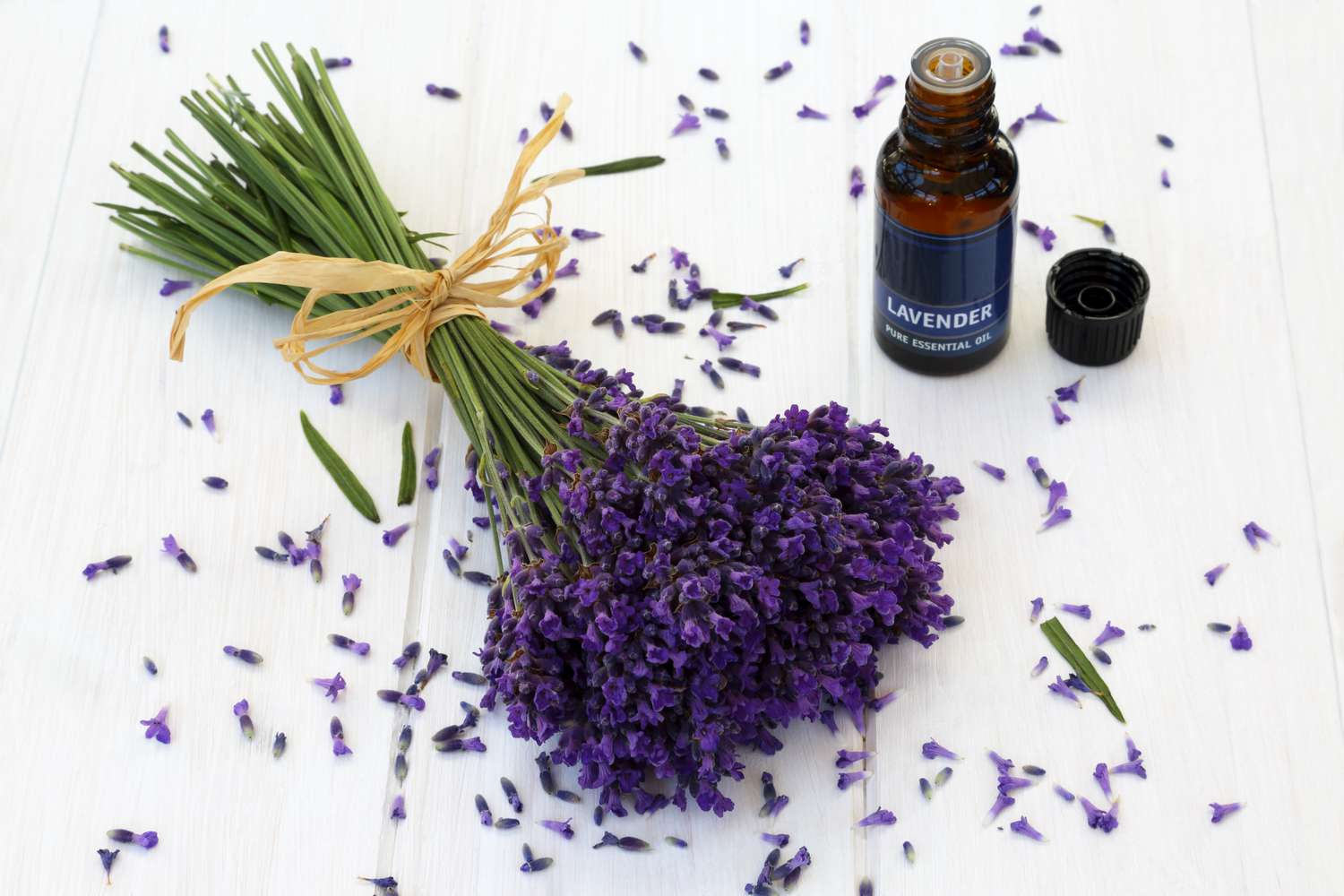
Trouble sleeping? Lavender can help, experts say.
From the aromatic baths of ancient Rome to modern candles and essential oils, lavender has been used for centuries for its calming effects. But does it really work? According to science, yes. It’s not just a handed-down tradition: studies support its benefits for relaxation, stress, and sleep.
“The scent of lavender can help you fall asleep because it has a calming effect,” explains Dr. Sanjay Kaji, a sleep medicine specialist at Banner University Medicine . This is due to natural compounds like linalool and linalyl acetate, which are responsible for both the aroma and the physiological impact.
What does the scientific evidence say about lavender and better sleep?
The effects of lavender on the body and mind are well documented:
-
Relaxation : Inhaling its aroma can lower heart rate and blood pressure. A 2020 study showed that using lavender essential oil for 30 minutes reduced anxiety and stress levels.
-
Better sleep quality : According to a 2019 study, lavender can increase melatonin levels, which promotes deeper, more restful sleep.
-
Anxiety Reduction : A 2019 meta-analysis concluded that lavender can calm the nervous system and improve mood.
How to incorporate lavender into your routine?
There are many accessible and effective ways:
-
Aromatherapy : Use a diffuser with lavender essential oil or spray it on your pillow before bed. Scented candles are also helpful for creating a relaxing environment.
-
Lavender Tea : A warm infusion before bed can help you get into rest mode.
-
Relaxing baths : Add lavender salts or essential oils to the bathtub.
-
Massages or lotions : Applying lavender oil or cream to the body can induce a feeling of calm.
Is lavender safe?
In general, yes. But Dr. Kaji recommends consulting your doctor before using it, especially if you’re pregnant or taking medication. Additionally:
-
Avoid ingesting lavender essential oil.
-
Perform a skin test before using a new product.
-
If you are sensitive to strong aromas, start with small doses.
What if it doesn’t work?
Although many people report improvements, lavender isn’t a universal solution. If you suffer from persistent insomnia or severe stress, it’s important to maintain good sleep habits: regular sleep schedules, reducing screen time before bed, and avoiding caffeine and alcohol at night.
Lavender can be a natural, safe, and accessible tool for improving your well-being. It only takes a few minutes a day to discover if this ancient remedy can help you relax and get the sleep you deserve.




